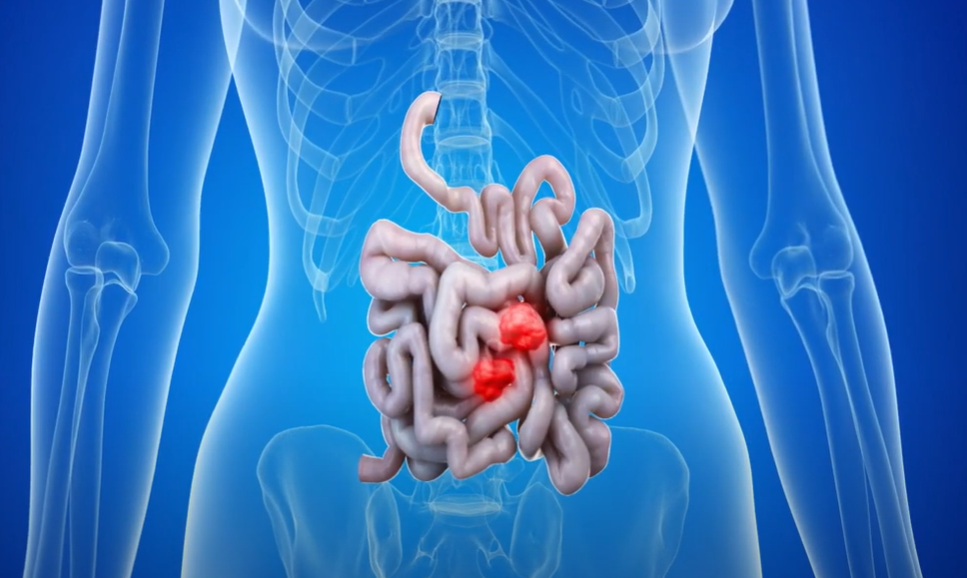Researchers and clinicians have developed major new guidelines for the monitoring of patients with inflammatory bowel disease (IBD) to prevent them going on to develop bowel cancer.

The new guidelines, developed for the British Society of Gastroenterology by academics at the Universities of Oxford, Newcastle and Central Lancashire and others, have been published in the UK journal Gut. This work was supported by the National Institute for Health and Care Research (NIHR) Oxford Biomedical Research Centre (BRC) and the NIHR Newcastle Biomedical Research Centre (BRC).
Despite improved treatments and regular check-ups, people with IBD – which includes Crohn’s disease and ulcerative colitis – still have a higher risk of developing and dying from bowel, or colorectal, cancer compared to the general population.
A person’s risk of developing bowel cancer may depend on different factors, for example: how long they have had IBD; which part of their bowel is affected; or the severity of inflammation they experience.
Among the recommendations in the guidelines are that all IBD patients have a colonoscopy around eight years after their symptoms start, and that any patients with primary sclerosing cholangitis – a rare condition that causes inflammation of the bile ducts and sometimes liver damage – should have a colonoscopy at diagnosis.
Among those contributing to the new guidelines were doctors, including endoscopists and surgeons, specialist nurses and patients. They analysed more than 7,500 publications to arrive at 73 statements that might inform clinical decision-making and deliver IBD colorectal surveillance services.

Professor James East, Consultant Gastroenterologist and Endoscopist at the University of Oxford’s Translational Gastroenterology and Liver Unit and first author on the paper said: “These guidelines provide accurate, up-to-date advice for clinicians working with IBD patients, to give them the tools they need to give the best possible care and treatment for their patients.
“That might relate to how to discuss the risk of colorectal cancer with individual IBD patients; when to start and stop surveillance, how often it should happen and who should receive it; how to organise services and support patients; and a wide range of other issues that might arise.”
Chris Lamb, Professor of Gastroenterology at Newcastle University as well as member of the NIHR Newcastle BRC and a co-author on the paper, added: “Working in partnership with patients and clinicians from across the UK we have an important up-to-date framework for care using the latest evidence, technology and expert opinion.
“This will help to provide shared decision-making tailored to the individual for personalised risk prediction and treatment. Developing the guidelines allowed us to identify key factors for delivering the highest quality care in the NHS, how best to train the future workforce, plus to identify where more research is needed in 2025 and beyond.”
Professor Morris Gordon, from the University of Central Lancashire, is co-first author of the guidelines. He highlighted: “These guidelines represent a significant shift in approach and employ the best available methods to support the guideline group in identifying, appraising, using and describing evidence that underpin their decision-making. This is presented transparently to the reader so they can always understand how and why decisions were made and supports individual discussions with patients.”
Catherine Winsor, Director of Services and Evidence at Crohn’s & Colitis UK, said: “We know that people living with Crohn’s and Colitis need personalised, joined-up care and some IBD services are stretched. Having this clear set of guidelines to facilitate the early detection of cancer in people with Crohn’s and Colitis is a huge step forward. Whilst we know that most people with IBD will not go on to develop colorectal cancer, the earlier changes are spotted, the more effective treatment will be. Anything that enables early detection and gives patients and clinicians a clear path is vital.”